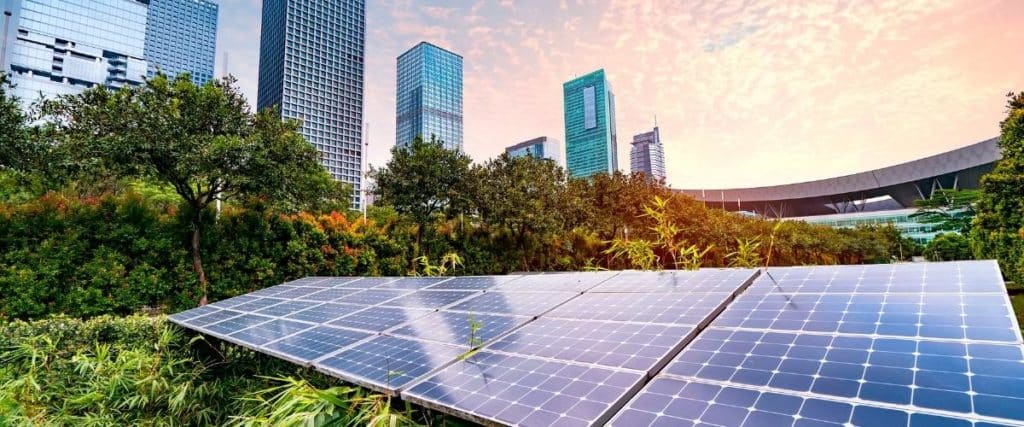Southeast Asian nations must step up their efforts and accelerate investments in renewable energy to ease ASEAN’s transition to greener power sources and address global climate change goals.
Countries and policymakers around the globe are working relentlessly to meet international climate change goals in alliance with The Paris Agreement, which renewable and clean energy make up a significant part of. This will require tremendous labour and the joint efforts of all nations across the globe to collectively reduce carbon emissions and facilitate sustainable development.
A new study by the International Renewable Energy Agency (Irena) reported on Southeast Asian countries’ growing energy demand and use of renewables, calling for the region to double their annual investments in the adoption of green energy sources to effectively address climate change needs, as well as accelerate sustainable business opportunities.
The report highlighted the Association of Southeast Asian Nations’s (ASEAN) great potential to cover up to two thirds of its total energy demand with renewable sources.
In order to facilitate this transition, promote energy efficiency, further support sustainable technologies, and build green infrastructure across the region, an average annual investment of US$210 billion is required to meet ASEAN’s climate goals by 2050. This targeted investment reach is more than two times the current amount allocated by Southeast Asian governments.
Furthermore, by shifting over to renewables, ASEAN can effectively cut up to 75% of total CO2 emissions caused by their main energy infrastructure which consists of coal-based and fossil fuel sources.
The director-general of IRENA, Francesco La Camera commented, “Coal retirement, coupled with renewables and regional grid interconnection, is an indispensable step to aligning with net-zero targets.”
Almost half of the members of ASEAN have already pledged to halt coal usage in the power sector completely, and La Camera further suggested that such climate commitments require strenuous and real-time action: “this must begin now to have hope of success.”
ASEAN is targeting to reach up to 23% adoption of renewable energy as their primary power supply by the end of 2025, however, investments in the sector have made little progress over the past few years years.
Sustainable energy transition is crucial now more than ever, and ASEAN needs to act fast to capitalise on the growing potential and opportunities presented by renewables.
Related Articles
Green Infrastructure Guide: 7 Ways to Build a Sustainable Ecosystem within Urban Cities in APAC
Your Guide to AgriTech, the Next Big APAC Industry
6 Lessons the World Can Take From APAC’s Renewable Energy Success





